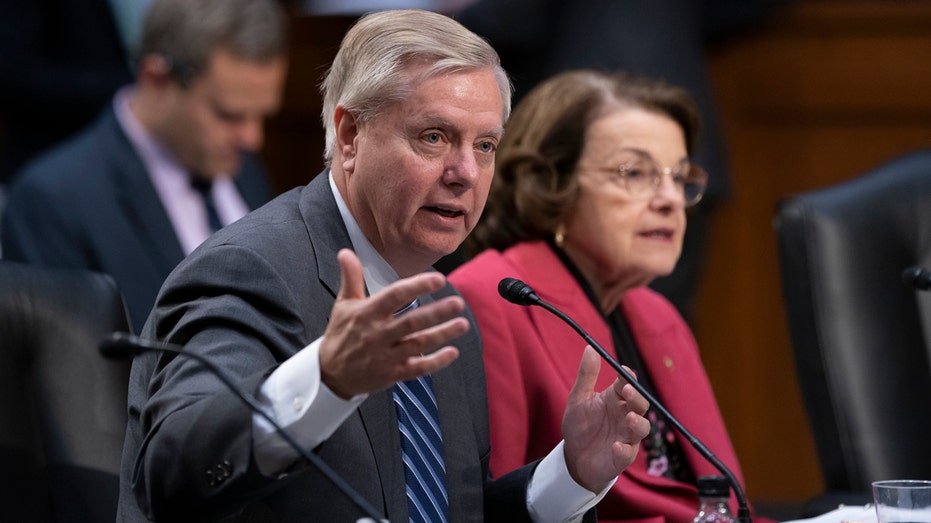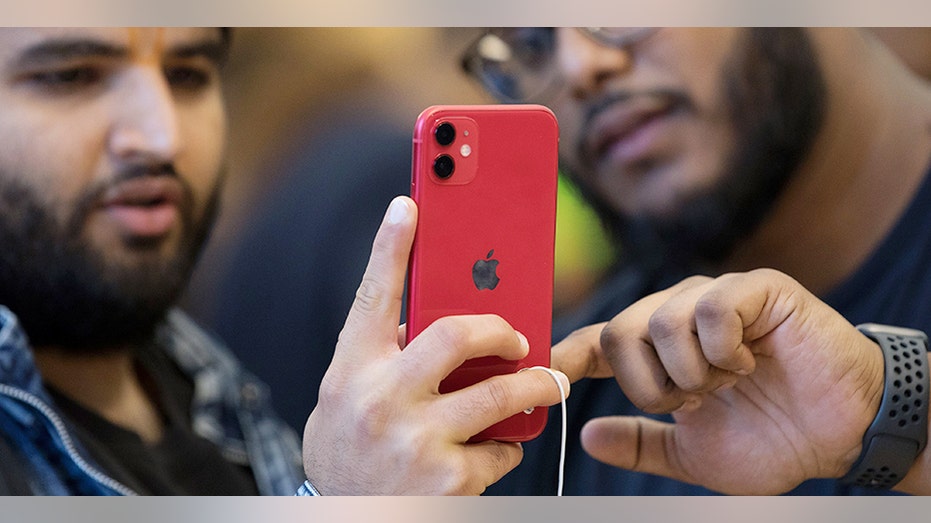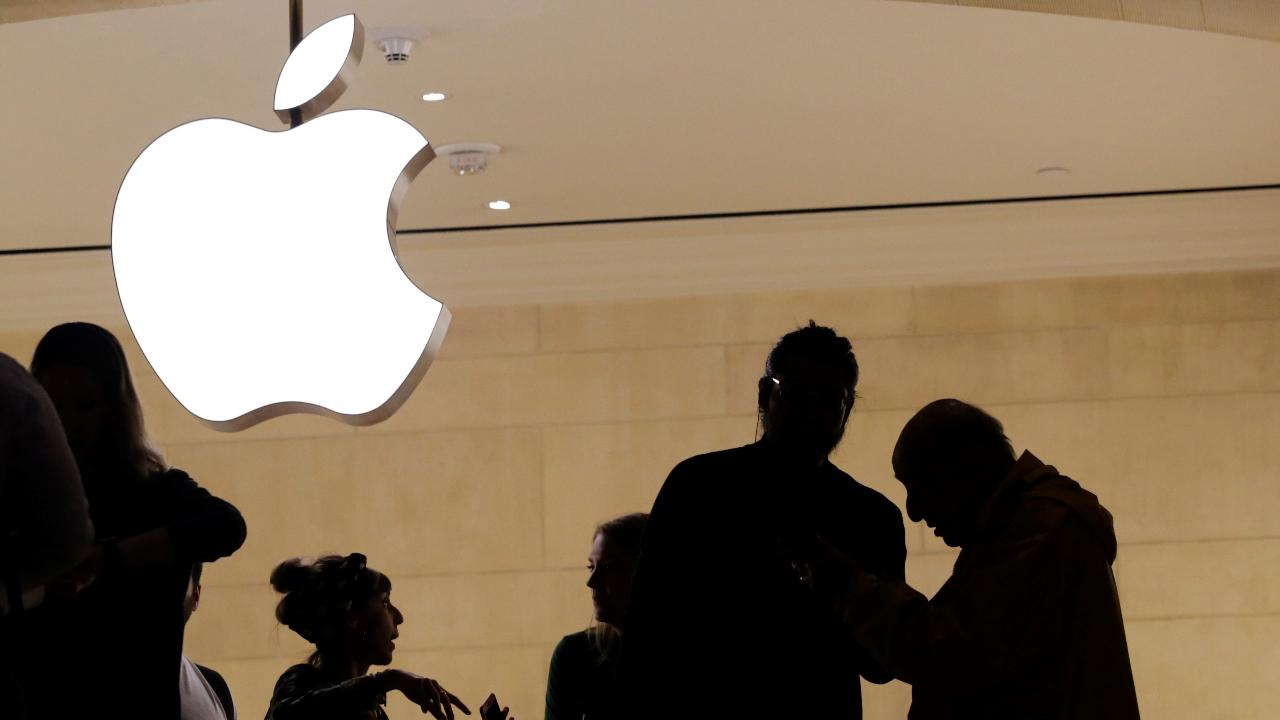Apple, Facebook defend encryption under grilling from senators, law enforcement
An Apple rep warned of 'making it easier for the bad guys to break in'
Representatives from Apple and Facebook defended their encryption technologies that sometimes keep information from law enforcement in front of the Senate Judiciary Committee on Tuesday.
"We do not know of a way to deploy encryption that provides access only for the good guys without making it easier for the bad guys to break in," Erik Neuenschwander, Apple's manager of user privacy, told committee members.
GOOGLE'S $2.1 BILLION FITBIT DEAL UNDER DOJ SCRUTINY: REPORT
The hearing comes after U.S. Attorney General William Barr and other government officials asked Facebook CEO Mark Zuckerberg in October to create a solution where law enforcement can read any encrypted messages sent by any users. Facebook responded to Barr in a letter released Monday arguing that such a solution is a "gift to criminals, hackers and repressive regimes."
Judiciary Committee Chair Lindsey Graham, R-S.C., pushed for alternative solutions from Neuenschwander and Jay Sullivan, Facebook's director of Messenger privacy.

Senate Judiciary Committee Chairman Lindsey Graham, R-S.C., and Sen. Dianne Feinstein, D-Calif., the ranking member. (AP Photo/J. Scott Applewhite)
"You're going to find a way to do this, or we're gonna do it for you," Graham said. "We're not going to live in a world where a bunch of child abusers can have a safe haven to practice their craft. Period. End of discussion. You're either the solution or the problem."
"I've been following this for a year. My advice to you is to get on with it. Because this time next year, if we haven't found a way that you can live with, we will impose our will on you," he said.
Neuenschwander said Apple challenges itself "to collect as little customer data as possible."

(Chris Ratcliffe/Bloomberg via Getty Images)
GET FOX BUSINESS ON THE GO BY CLICKING HERE
"If we don't have your information, then nefarious insiders or malicious hackers who gain access to Apple's networks won't either," he said.
"As the internet is making the world even more interconnected, people use their iPhones to remotely control things like home security systems, vehicles and appliances," Neuenschwander said. "Your iPhone needs to be protected from hackers and criminals, and that is what strong encryption helps to do."
The government and big tech companies have been on opposite sides of the back door issue since the FBI asked Apple to provide it with a way to break into an iPhone belonging to a mass shooter in 2016. The company refused, and the issue ended up falling to the wayside after investigators found another way into the phone.
CLICK HERE TO READ MORE ON FOX BUSINESS
FOX Business' James Leggate contributed to this report.




















